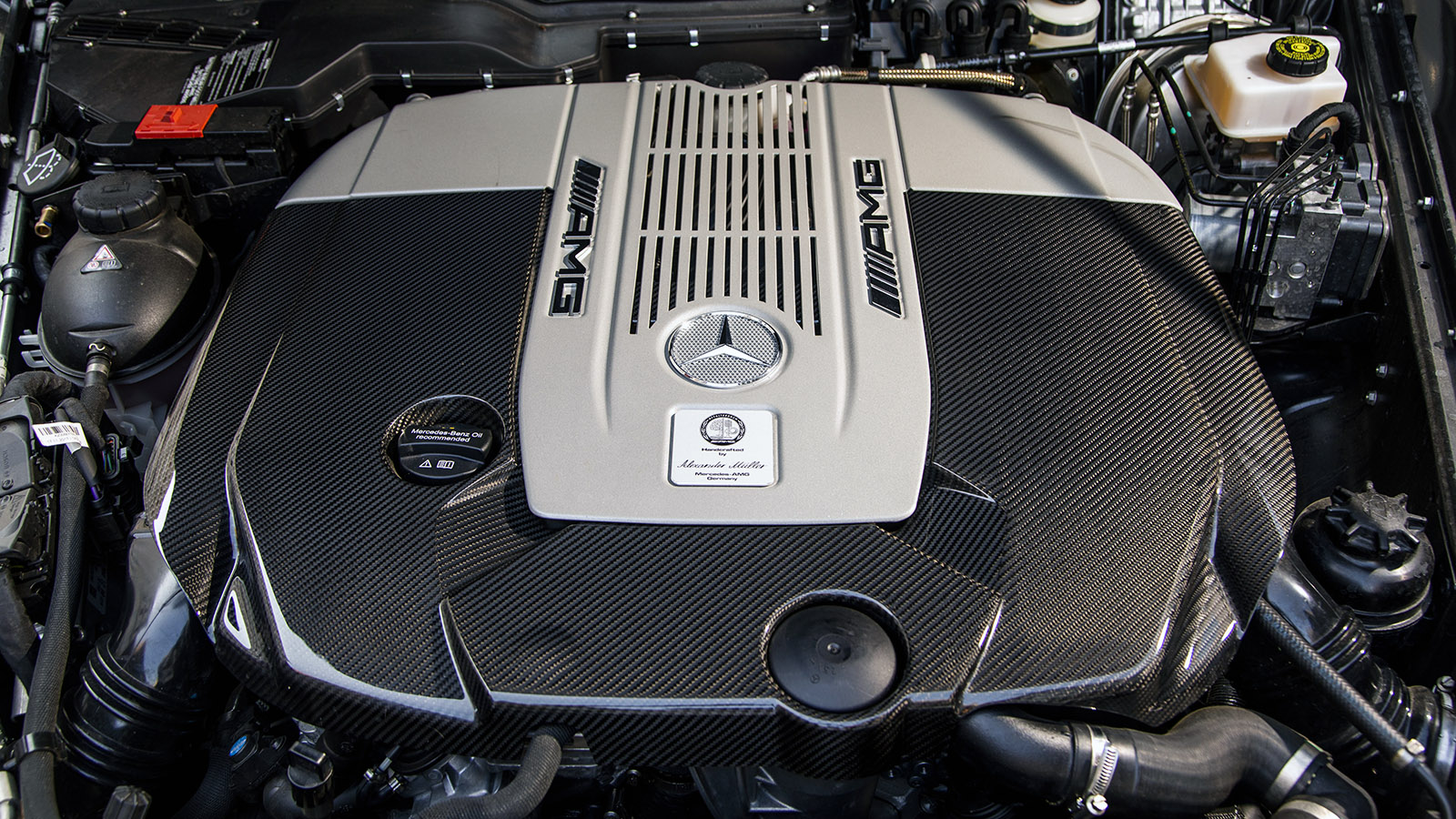The Mission for Ultimate Driving Power: Investigating the Peak of Engine Efficiency and Technological Advancements in the Automotive Field
In the realm of auto engineering, the quest of optimum driving power has been an unrelenting quest that has unravelled through the development of engine layout and the integration of cutting-edge innovations. From the careful workmanship of combustion engines to the quick developments in electrical propulsion systems, the automotive industry stands at the cusp of a brand-new period characterized by unmatched efficiency capacities. As designers and researchers dig much deeper right into the worlds of computational fluid dynamics and check out cutting-edge gas innovations, the perspective of possibilities broadens greatly. Stay tuned as we unwind the intricate tapestry of technological breakthroughs that are forming the future of automotive power and efficiency.
Advancement of Engine Layout

Furthermore, the combination of turbocharging and turbo charging technologies has reinvented engine layout by boosting power without substantially raising engine size. These forced induction systems compress the intake air, permitting even more fuel to be combusted, therefore producing better power outcome from a smaller engine. This innovation has been especially critical in enhancing the performance of smaller sized displacement engines while preserving fuel effectiveness criteria.
Performance-Enhancing Fuel Technologies
The execution of advanced gas innovations has significantly added to enhancing engine efficiency in modern-day automobiles. Biofuels, derived from eco-friendly resources like corn, sugarcane, or algae, offer boosted and decreased exhausts engine performance. Additionally, fuel ingredients and cleaning agents are being developed to clean engine elements, enhance burning, and decrease friction, consequently enhancing overall car efficiency.
Innovations in Electric Propulsion
Significant strides in electric propulsion technology have transformed the vehicle sector, leading the way for a new era of efficient and sustainable transportation. Electric cars (EVs) are getting appeal because of their ecological advantages and improvements in battery modern technology, making it possible for longer driving ranges and much shorter billing times. Manufacturers are spending greatly in research and development to improve the efficiency of electrical propulsion systems, concentrating on boosting power outcome, enhancing energy effectiveness, and decreasing general weight.
One significant development in electric propulsion is the development of advanced electrical motors that supply higher torque and power density, resulting in improved velocity and general driving efficiency. Furthermore, regenerative braking systems have been improved to capture and store power during deceleration, more improving the effectiveness of EVs.
Additionally, the combination of wise technologies, such as artificial knowledge and anticipating analytics, is enhancing the management of electric propulsion systems, ensuring optimum efficiency under different driving conditions. These advancements in electrical propulsion are reshaping the read review vehicle landscape, driving the sector towards an extra lasting and energized future.
Effect of Computational Fluid Characteristics
With improvements in electric propulsion pressing the boundaries of auto innovation, the combination of Computational Liquid Dynamics is playing a pivotal role in enhancing wind resistant performance and boosting overall effectiveness in lorry design. Computational Liquid Characteristics (CFD) includes making use of computer simulations to assess the flow of air around a lorry, enabling engineers to forecast just how style changes will certainly influence the rules of aerodynamics without the requirement blog for pricey physical prototypes. By properly modeling airflow patterns, CFD enables the refinement of vehicle forms to reduce drag, enhance cooling, and improve security.
One key benefit of making use of CFD in vehicle design is the capability to repeat swiftly, exploring various layout variants to identify the most aerodynamically effective remedies. This iterative process leads to automobiles that are not just sleeker and a lot more visually appealing yet additionally a lot more ecologically pleasant and fuel-efficient. CFD allows designers to maximize airflow around parts such as radiators, engine bays, and wheel wells, contributing to boosted efficiency and total driving experience. Finally, the combination of Computational Fluid Characteristics stands for a considerable advance in the pursuit for ultimate driving power and effectiveness in the auto industry.
Future Fads in Engine Development
In the vibrant landscape of vehicle engineering, advanced advancements are forming the future trajectory of engine development. The future of engine design is noted by a strong focus on performance, sustainability, and performance. Producers are significantly concentrating on developing engines that not only supply high power results but additionally prioritize ecological responsibility by enhancing and minimizing exhausts fuel performance.
One popular fad in engine development is the surge of electrification. Hybrid and electric powertrains are getting traction as feasible choices to conventional burning engines. check over here These modern technologies provide the possibility for significant decreases in carbon emissions and enhanced power efficiency, straightening with global efforts to deal with climate modification.
Additionally, developments in materials scientific research and manufacturing techniques are allowing the production of lighter and a lot more durable engine elements. This change in the direction of lightweight materials such as carbon fiber and light weight aluminum alloys adds to improved efficiency and fuel economy.
Conclusion
In conclusion, the search of utmost driving power in the vehicle industry continues to drive improvements in engine layout, fuel innovations, electric propulsion, and computational fluid characteristics. The development of these innovations is forming the future of engine innovation, leading the way for extra effective and effective lorries (engines for africa). As the market remains to push the boundaries of what is possible, we can anticipate to see also a lot more innovative growths in the mission for peak efficiency
One of the essential turning points in engine design evolution is the change from typical carbureted engines to modern-day fuel-injected systems. By exactly metering the fuel delivery to each cyndrical tube, fuel-injected engines enhance combustion, resulting in better efficiency and minimized environmental effect.
Additionally, the integration of turbocharging and turbo charging modern technologies has transformed engine design by enhancing power without significantly increasing engine dimension (engines for africa).The implementation of innovative fuel technologies has actually considerably added to improving engine efficiency in contemporary lorries. Furthermore, fuel additives and cleaning agents are being developed to clean engine elements, optimize burning, and decrease rubbing, thus boosting general vehicle efficiency